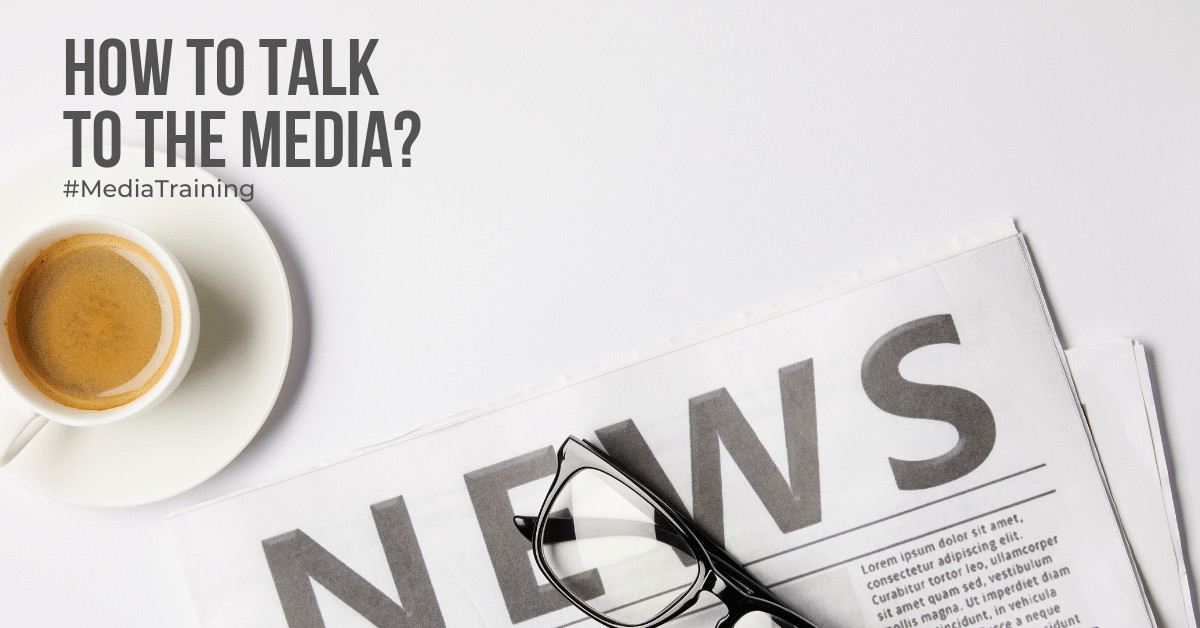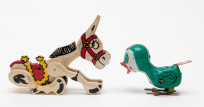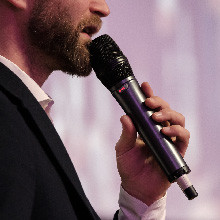The 7 best tips for talking to the media
Talking to the media seems easy, but good journalists can ask some really tough questions. Therefore, below are the 7 best tips on how to best talk to the media.

1. Avoid your own stop words and phrases.
Stop words and phrases are not just about all the uh's and yes-but statements. It's about the words and phrases that almost only you use without realizing it yourself. You find out by having a trained media or public speaking coach ask you difficult questions that you answer.
The coach will pay close attention to your use of language and will point out the words and phrases that are specific to you. For example, some people always answer questions with: "I'll explain that", or with "Now that would be...". What your stop words and phrases are you will only find out when you pay attention to them.
The advantage of speaking without your own stop words and phrases is that the message is shorter and more powerful and will therefore come across more clearly.
2. Tell only your main message
Journalists sometimes like to know more than you want to tell. Make sure you stay with your own story and your message in conversation with the media. So not the message that the journalist wants to provoke.
You do this by writing down a maximum of three keywords or statements in advance and memorize them. Then the trick is to always include these three key messages in the answer to every question the journalist asks.
3. Don't deny anything unless it is a lie
Instead of denying something, the trick is to leave in the middle whether you agree or disagree with something. You have a message or a story you want to tell and the rest is irrelevant.
If you are accused by the media of something that is a lie, a crystal clear denial works just fine. But that's the only reason to use a denial during an interview.
Even if you are asked a question to which you would like to give a positive answer, it is important not to do so. This distracts from the message you want to convey.
Evasive answers to this type of question are
- I would rather not go into that now
- I would like to come back to this at another time
- Even if it is, it is not relevant to this interview
- It is not up to me to answer this
- If it is, we do it because it contributes to...(your core message)
4. Keep your answers short
When sitting with family and friends, you can and may spend hours elaborating on why you think a particular choice or topic is important. You can and may spend hours conveying all the arguments you have for this to the other person in a most convincing way.
With the media, this works differently. You want them to convey your main message and all argumentation only gives reason for discussion or questions from the media or their readers or viewers.
Therefore, keep your answers short and concise so that it is clear what message you want to convey.
5. Know the important facts
Good journalists will usually ask for facts. You can never learn them all by heart, but what you can do is know the facts that matter to you. Facts that support why your core message is true or relevant.
Therefore, prior to an interview with the media, do not ask what facts you should know, but think of the minimum facts that matter. Memorize these and when asked about facts, refer to them.
6. Do research on the journalist's background
If you research the journalist's background you will be better prepared for the types of questions you can expect. Think about specialization, hobbies, political preference, and so forth.
You can even adjust your language if you know something about the journalist's background to build a better relationship with the person.
For example, if the journalist loves mountain climbing, you can use metaphors such as: "It felt like climbing Mount Everest" or "We just slid down the slope". The journalist is more likely to identify with this and remember your words positively.
7. Approach the media like a good friend
Talking to a good friend is much more fun than talking to a strange journalist. Try to see the journalist as your good friend during the conversation. You will find that the conversation flows more smoothly and you can speak more freely.
Journalists are just people like you and me. They too are sensitive to the atmosphere created during an interview. So just be yourself and create a positive atmosphere.
-
Robyn KeetBusiness Strategist€ 0,44 pm
-
Marcela CmarkovaLifestyleCoaching€ 1,42 pm
-
Alaa RashwanI enjoy teaching.€ 0,40 pm
-
Khristi SunnasyTeaching€ 1,13 pm
-
Erwin WilsMindset coach€ 3,33 pm
-
Alwien TulnerCoach€ 1,50 pm






































